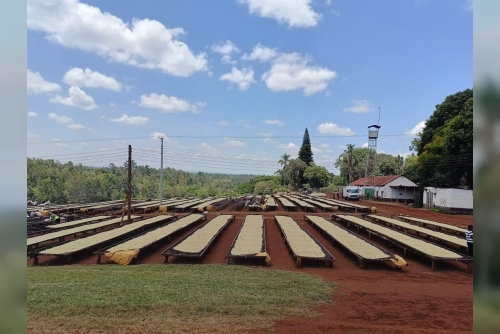In the ever-globalizing world, ensuring that your documents are legally recognized abroad is a necessity that transcends borders. Whether you’re planning an international move, expanding your business ventures, or handling personal legal matters overseas, the certificate authentication process is a crucial step that guarantees the authenticity of your documents. Navigating this process can seem complex, but with the proper guidance, it becomes a streamlined and efficient experience. This article delves into the essential aspects of obtaining an apostille in the UK, providing a clear understanding of its purpose and the steps involved.
IntroductionAn apostille serves as a universal seal of authenticity for documents intended for international use. Originating from the Hague Convention of 1961, this certification is recognized by member countries. It verifies that a document is legitimate and has been properly validated by the issuing authority. In the UK, the need to obtain an apostille spans a broad spectrum of scenarios, from personal matters like marriage or birth certificates to critical business and educational documentation.
The Essence of Apostilling a DocumentWhen discussing "apostilling" a document, we refer to certifying that the document is genuine and can be legally recognised in another country. This certification is a small attachment, usually affixed to the document, which proves its authenticity. The apostille is a vital link between domestic validation and international acceptance for those engaged in global activities—whether personal, educational, or business-related.
Who Handles Apostille Services in the UK?The Foreign, Commonwealth & Development Office (FCDO) is the sole authority responsible for issuing apostilles in the UK. This government body ensures that documents meet the necessary standards for international use. However, navigating the submission process can be daunting, especially for unfamiliar ones. This is where professional services like Helpline Group come into play. We offer expert assistance to manage the entire process—from submission to follow-up—ensuring that your documents are efficiently and correctly apostilled.
Apostille vs. Notarization: Key DifferencesIt's easy to confuse notarization with apostille, yet they serve different purposes:
Notarization: This is a process performed by a notary public to certify that a document is genuine. It's primarily used within the UK and involves the notary witnessing the signing of a document or certifying its authenticity.
Apostille: While notarization is a domestic process, apostillation is international. The apostille certifies that the notarized document is valid and recognized in other countries that are members of the Hague Convention.
When Is Apostillation Necessary?The need to apostille a document arises whenever UK-issued documents must be recognized abroad, particularly in Hague Convention member countries. Common situations include:
Personal Documents: These include birth, marriage, or divorce certificates, which are often needed for legal matters like immigration or marriage abroad.
Educational Documents: Degrees, diplomas, and transcripts, especially for those pursuing opportunities in education or employment outside the UK.
Business Documents: Including contracts, powers of attorney, and other official papers required for international business operations.
Legal Documents: Wills, court orders, and affidavits must be validated in foreign legal systems.
The Purpose Behind ApostillingThe central purpose of obtaining an apostille is to ensure your document is recognized as authentic and legally binding in another country. Foreign authorities may only accept your document with this certification, leading to potential delays and complications. Apostilling simplifies verifying a document's legitimacy, making international transactions and legal matters more seamless.
ConclusionThe apostille process in the UK is a critical step for anyone involved in international activities, whether personal, educational, or business-related. By understanding the requirements and procedures, you can ensure your documents are correctly authenticated abroad, avoiding unnecessary complications.
At Helpline Group, we understand the intricacies of the apostille process and are committed to providing expert assistance to make it as straightforward as possible. Whether you need to apostille a birth certificate, a business contract, or any other document, our team guides you every step of the way. Contact us today to simplify your document authentication process and ensure your documents are internationally recognized.












